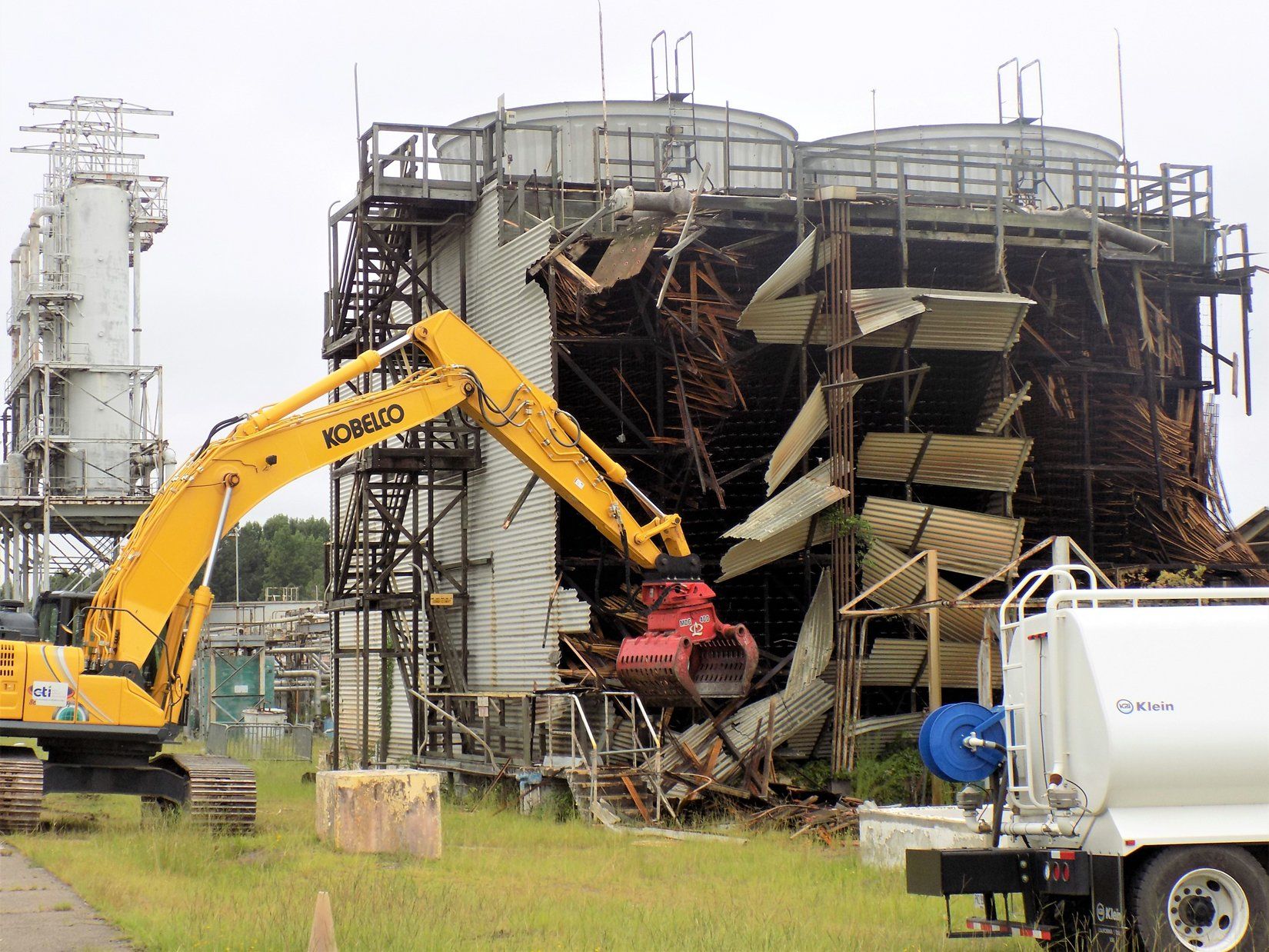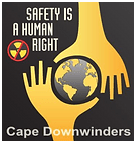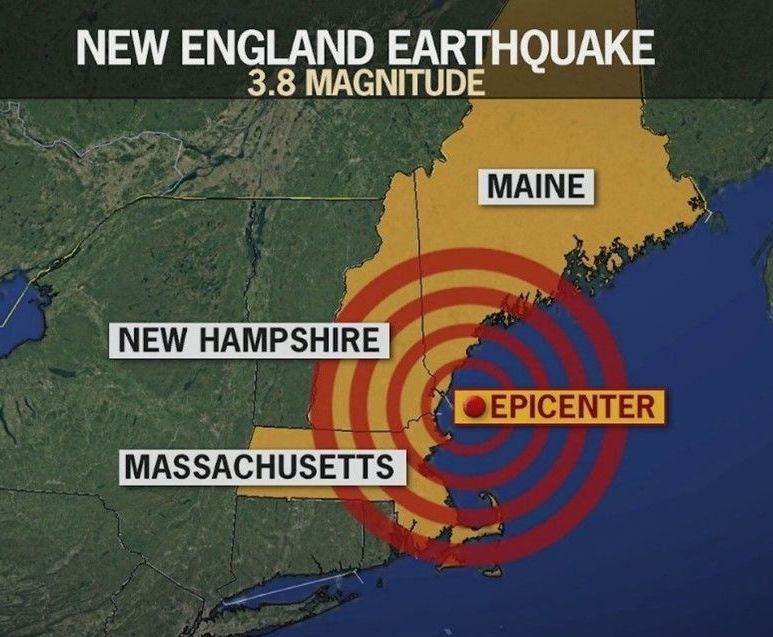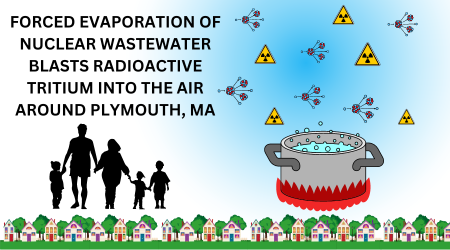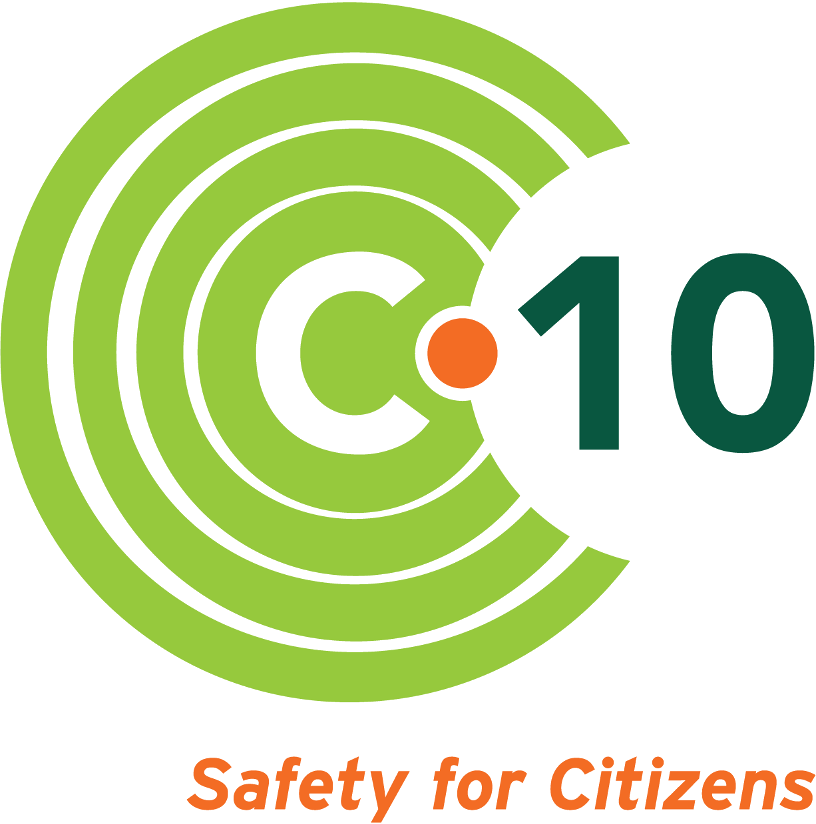| Let's Learn from others, neighbors and across the country
Diane T
urco, Director of Cape Downwinders and member of Save Our Bay MA, recently updated us on what is happening with the decommissioning of Pilgrim Nuclear Plant in Plymouth, MA. Holtec Decommissioning International, which bought the license for Pilgrim from Entergy in 2019 for about $1,000 when it shuttered the reactor, has ownership of the $1.2 billion Decommissioning Trust Fund which is ratepayer funded. Currently Holtec plans to dump over a million gallons of spent fuel radioactive waste water into Cape Cod Bay as the fastest and cheapest way to dispose of this dangerous water. That action would devastate our Blue Economy, destroy the livelihoods of the fishing and tourist industries, and damage the health and wellbeing of our communities and the marine environment.
On July 25, the MA legislated state Nuclear Decommissioning Citizens Advisory Panel held their public meeting
during which Holtec Senior Compliance Manager David Noyes declared, "We will not say we will not discharge in Plymouth Bay". For background, the license transfer to Holtec included an agreement
with the MA Attorney Generals Office in which Holtec agreed to abide by all state laws/regulations. If Holtec were to follow through with previously published plans to dump that waste water it would be in violation of the state Oceans Sanctuary Act
among other state regulations that prohibit this action. As of today, the Holtec plan remains in place and there has been no
legislative nor
state challenge to the plan.
On June 17, the EPA firmly denied
that Holtec's existing permits allowed them to proceed with their plans to dump a large volume of radioactive wastewater into Cape Cod Bay. Given the Ocean Sanctuary Act
and Holtec AGO Settlement Agreement
, Massachusetts and the EPA have recourse to prevent the dumping of waste. For example, Attorney General Maura Healey has legal grounds to put into place an injunction to prevent the dumping from proceeding. Cape Downwinders and the increasingly impassioned public will continue to hold accountable officials and decision makers.
Looking across the country to the west coast for vital learning opportunities, there were significant issues in the decommissioning and cask storage of nuclear waste at the San Onofre plant in California. One cask full of nuclear waste almost fell 18 feet
and there are visible scratches on many others as a result of imperfect lowering of the casks into their underground storage area.
Voices from the public can drive how regulators design rules. Reminding the NRC that there are human and environmental impacts at stake, and amassing experts to speak on the public's behalf, is something that C-10 and other nuclear watchdogs continue to do. These are important factors for decision makers to understand while they consider how decommissioning plans should be approved and executed.
“Knowledge is no guarantee of good behavior, but ignorance is a virtual guarantee of bad behavior.” ~ Martha C. Nussbaum
|
